Honorary Keynotes
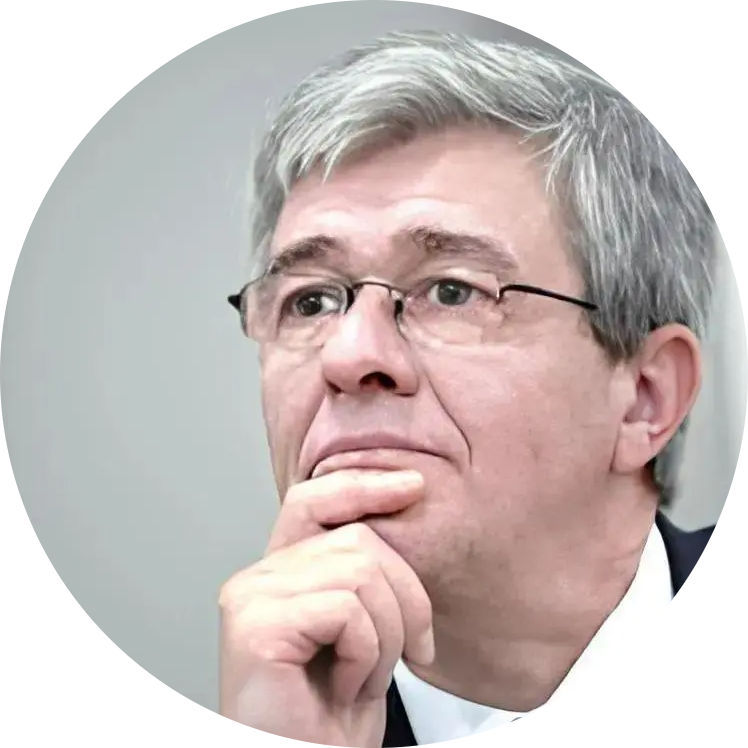
Prof. Karl Friston
Queen Square Institute of Neurology, University College London
Karl Friston is a theoretical neuroscientist and authority on brain imaging. He invented statistical parametric mapping (SPM), voxel-based morphometry (VBM) and dynamic causal modelling (DCM). These contributions were motivated by schizophrenia research and theoretical studies of value-learning, formulated as the dysconnection hypothesis of schizophrenia. Mathematical contributions include Variational Laplace, Bayesian model reduction and variational filtering in generalised coordinates of motion. Friston currently works on functional brain architectures and the principles that underlie self organisation in open systems like the brain. His main contribution to theoretical biology is a free-energy principle for open systems—and its application to action and perception, i.e., active inference. Friston received the first Young Investigators Award in Human Brain Mapping (1996) and was elected a Fellow of the Academy of Medical Sciences (1999). In 2000 he was President of the international Organization of Human Brain Mapping. In 2003 he was awarded the Minerva Golden Brain Award and was elected a Fellow of the Royal Society in 2006. In 2008 he received a Medal, Collège de France. He became of Fellow of the Royal Society of Biology in 2012 and received the Weldon Memorial Prize and Medal in 2013 for contributions to mathematical biology. He was elected as a member of EMBO (excellence in the life sciences) in 2014 and the Academia Europaea in (2015). He was the 2016 recipient of the Charles Branch Award for unparalleled breakthroughs in Brain Research and the Glass Brain Award from the Organisation of Human Brain Mapping. He received the Donald O Hebb Award (International. Neural Network Society) in 2022 the International Prize for Translational Neuroscience (Gertrud Reemtsma Foundation) in 2024. He holds Honorary Doctorates from the universities of York, Zurich, Liège and Radboud University.

Prof. Karl Friston
Deep Inference
This presentation considers deep models in the brain. It builds on previous formulations of active inference to simulate behaviour and electrophysiological responses under deep (hierarchical) generative models of discrete state transitions. The structured temporal aspect of these models means that evidence is accumulated over time, enabling inferences about narratives and policies. We illustrate this behaviour in terms of Bayesian belief updating – and associated neuronal processes – to reproduce epistemic foraging for reward. These simulations reproduce these sort of delay period activity and local field potentials seen empirically; including evidence accumulation, place cell activity and transfer of dopamine responses. These simulations are presented as an example of how to use basic (first) principles to constrain our understanding of functional architectures that underwrite natural and artificial intelligence.
Keynotes
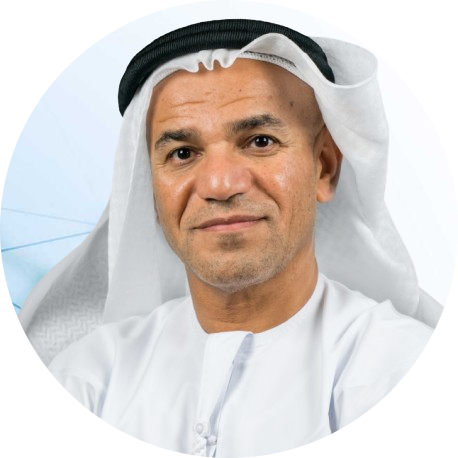
Dr. Saeed Aldhaheri
University of Dubai, UAE.
Dr. Saeed is a futurist, thought leader, AI ethicist, and Public keynote speaker. He has been in many positions: the founder and former Director General of the Emirates ID Authority, a former member of the scientific advisory committee of the UAE Space Agency, and a former Advisor to the Minister of Foreign Affairs on information technology. Currently, He is the director of the Center for Futures Studies at the University of Dubai, a visiting lecturer at Oxford University course: Artificial Intelligence: Generative AI, Cloud and MLOps (online), President of the UAE Robotics and Automation Society (RAS), a member of the Global Future Council of the World Economic Forum (WEF) on Metaverse, a UNESCO co-Chair on anticipatory systems, and he is on industrial advisory boards of several universities in the UAE. Dr. Saeed serves on the advisory boards of several international forums, including the World Ethical Data Foundation. He is also a Senior Fellow of the AI 2030: Responsible AI for a Better World initiative. He co-authored the book Digital Nation: How the UAE is building a future based on tech innovation. He has written several articles and reports published in Harvard Business Review Arabia, MIT Technology Review Arabia, and Dubai Policy Review Journal. He has been invited to speak at international platforms including the UN, the WEF, OPEC, and REAIM summit.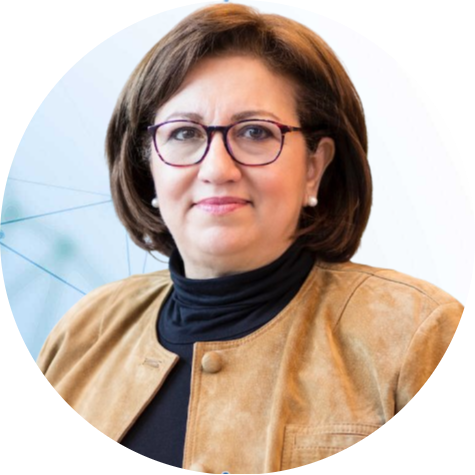
Dr. Nozha Ben Hajel-Boujemaa
Decathlon, France.
Nozha Ben Hajel-Boujemaa is Global VP AI Innovation and Trust at Decathlon in charge of GenAI for costumer experience innovation program. She was the Global VP Digital Ethics & Responsible AI for IKEA-Retail. Dr. Boujemaa served as Chief Science and Innovation Officer at Media Technologies, AI for healthcare industry. Dr. Boujemaa is co-chair of OECD AI network of experts. She is member of the inter-ministerial AI expert committee for the French government. She had co-chaired “Ethical Guidelines for Trustworthy AI” report of the European Commission High Level Expert Group on Artificial Intelligence. Besides, she was member of the World Economic Forum’s Steering Committee on Digital Trust. Dr. Boujemaa was previously the director of INRIA Saclay Research Center and a research director heading the multimedia retrieval research group. She is the founder of the interdisciplinary AI institute DATAIA. Dr. Boujemaa holds a PhD and HDR in Computer Science and she’s a Knight of the French National Order of Merit.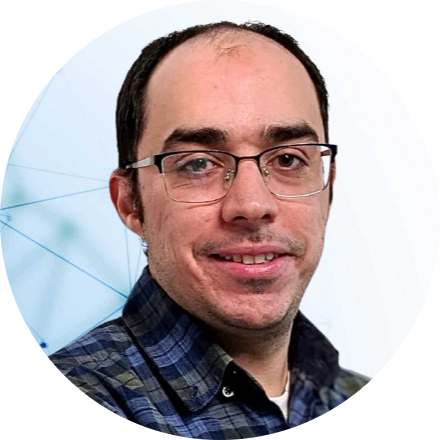
Dr. Alhussein Fawzi
Ex Research Scientist at Google DeepMind, UK.
Alhussein Fawzi is co-founder and CEO of a stealth startup, and until recently was a research scientist at Google DeepMind. He was awarded the MIT Innovators Under 35 award in 2023 for his work on discovering new algorithms with machine learning. He has worked on AI for Science, with a particular interest in using Machine Learning to unlock new results in Computer Science, and Algorithms. He recently published two papers in Nature magazine (2022 and 2023), where he used Machine Learning and Large Language Models to discover new algorithms for fundamental computational tasks, and new mathematical results. He has published more than 30 papers in major scientific journals and conferences.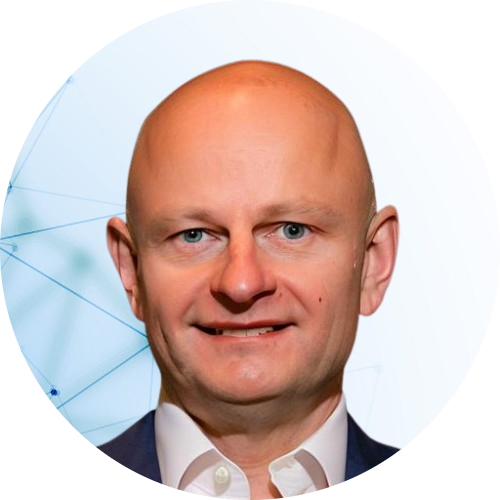
Alex Goryachev
Wall Street Journal Bestselling Author and former Head of Cisco global Innovation Centers, USA.
Alex Goryachev is a globally recognized expert in AI-driven workplace transformation and a highly sought-after keynote speaker on innovation. A WSJ Bestselling author of Fearless Innovation: Going Beyond the Buzzword to Continuously Drive Growth, Improve the Bottom Line, and Enact Change, and a frequent contributor to Fast Company, Forbes, and Entrepreneur Magazine, Alex has held leadership roles at iconic brands like Cisco, IBM, Dell, and Pfizer. As the former Managing Director and Global Head of Innovation Strategy at Cisco, he established innovation centers across five continents and led an award-winning employee innovation program that earned the company the title of Forbes’ "#1 Best Place to Work for Innovators." He is also a key contributor to the global ISO Standards on Innovation, shaping the future of innovation. An Executive in Residence at Tulane University, Alex speaks to audiences worldwide and works with organizations to harness AI and innovation for strategic success.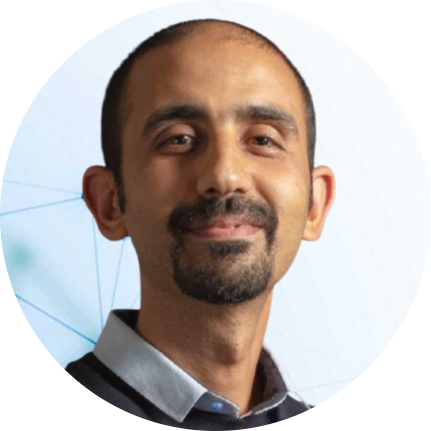
Karim Hamzaoui
Preferred Networks, Japan.
Karim Hamzaoui has cultivated an 18+ year career at the forefront of technology innovation, harnessing advancements in information technology to drive impactful value creation for customers and partners across industries. After earning a master’s degree in information science from Nagoya University, Karim began his journey at IBM Japan’s Software R&D Lab as a Software Engineer. His subsequent role on the lab’s strategy team sparked a deep passion for bridging technology and business. Currently, Karim serves as a business development specialist at Preferred Networks, a top AI unicorn in Japan. The company develops cutting-edge AI technologies, ranging from in-house designed AI semiconductors to foundation models and AI applications. In this role, he has led transformative projects from R&D incubation to commercialization, spanning fields such as cancer diagnosis, autonomous driving, oil and gas plant automation, materials discovery, and generative AI foundation models. Additionally, Karim plays a key role in driving the company’s global business initiatives and fostering international partnerships. Beyond his professional endeavors, Karim is a founding and current Board member of the Moroccan Business Club in Japan (MBC-J), an NPO dedicated to strengthening economic and cultural ties between Morocco and Japan.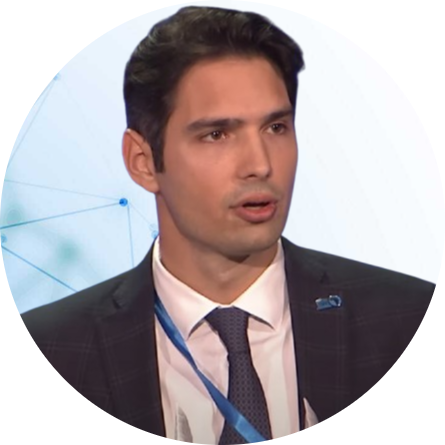
Armin Ibrisimovic
UNESCO Regional Office for the Maghreb, Morocco.
Armin Ibrisimovic is UNESCO’s Head of Social and Human Sciences (SHS) Programme for the Maghreb region, accompanying its governments and stakeholders to address their social cohesion challenges and the rise of artificial intelligence, while involving youth and fighting discrimination. Born in Montenegro, Armin began his career in journalism and social entrepreneurship before joining UNESCO, the United Nations Educational, Scientific and Cultural Organization, in 2016, where he contributed to strengthen partnerships with civil society until his appointment to the UNESCO Office for the Maghreb in February 2023. Armin holds a Master's Degree from the Université libre de Bruxelles (ULB), Belgium, in political science and international relations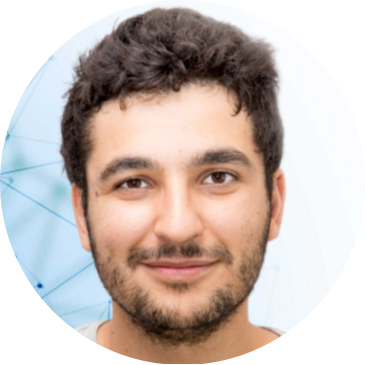
Dr. Salem Lahlou
MBZUAI, UAE.
Salem Lahlou is an Assistant Professor of Machine Learning at MBZUAI, UAE. His current research is focused on AI for science tools, including, but not limited to, uncertainty quantification, interactive learning, and language model reasoning. Recently, he has been involved in developing GFlowNets, a new class of generative models of compositional objects, that find direct applications in speeding up the scientific discovery process, both from a theoretical side and through an open-source library. More generally, he is interested in understanding the mechanisms behind intelligence, be it human or artificial. He studied at École Polytechnique (Paris), and received his PhD from Mila, Université de Montréal, under the supervision of Yoshua Bengio. He has previously held positions at Booking.com, IBM Research, Google Research, TII.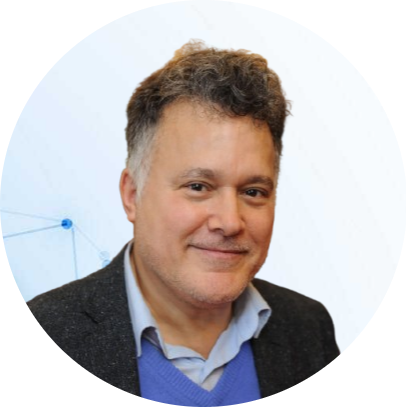
Prof. Fouad Laroui
Professor of Epistemology and Writer
A former student of the Lycée Lyautey in Casablanca, Fouad Laroui holds a Civil Engineer's degree from the École nationale des Ponts et Chaussées (Paris, 1982) and a PhD in Economics (Paris, 1994). After managing a phosphate mine in Morocco and selling chemicals in Asia between 1985 and 1990 on behalf of OCP, he moved to Amsterdam in 1990, where he taught economics at the UVA and then environmental sciences at the VU for several years. Alongside his teaching career, Fouad Laroui devotes himself to writing. He has published around ten novels, several collections of short stories and essays. He has received numerous awards, including the Albert Camus Prize, the Prix de la Nouvelle de la Société des Gens de Lettre, the Prix Goncourt de la nouvelle (2013) and the Grande Médaille de la Francophonie (2014) from the Académie française.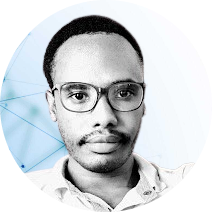
MohammedElfatih MohamedKhair
Google Research, Ghana.
MohammedElfatih MohamedKhair is a software engineer at Google Research, dedicated to leveraging Machine Learning for societal benefit. He primarily works on using AI to assess damage from natural disasters such as floods and others. Prior to this, he completed a Master's degree in Machine Learning from the African Masters of Machine Intelligence (AMMI) program. He gained valuable experience through successful AI internships at the startup aIxplain and as a research engineer intern with the renowned Google DeepMind Applied Language Team. While he has a general interest in science, Mohammed is particularly passionate about Mathematics and Algorithms and their practical applications in the real world.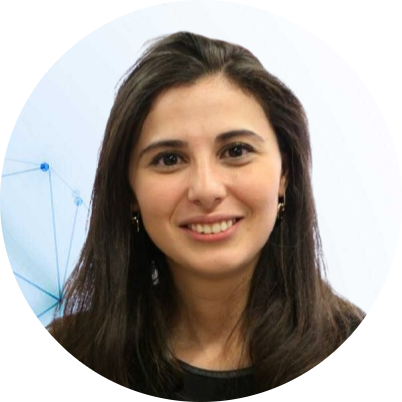
Majda Moumni
OCP SOLUTIONS, Morocco.
Majda Moumni is the Managing Director of OCP SOLUTIONS, a consulting firm specialized in modeling and digital to support OCP and Morocco data and digital driven transformations. Since 2012, she attended several responsibilities within marketing, sales and business development at OCP Group. In 2020, she embarked into an intrapreneurial experience within Mohammed VI Polytechnic University (UM6P), where she established the Advisory practice of the Africa Business School on sustainability, finance, strategy and digital. She has also served at OCP’s Office of the Chairman and CEO. She holds an engineering degree from École Centrale Paris. In addition to her professional endeavors, Majda is a board member and serves as the Vice-President of an alumni association for economic development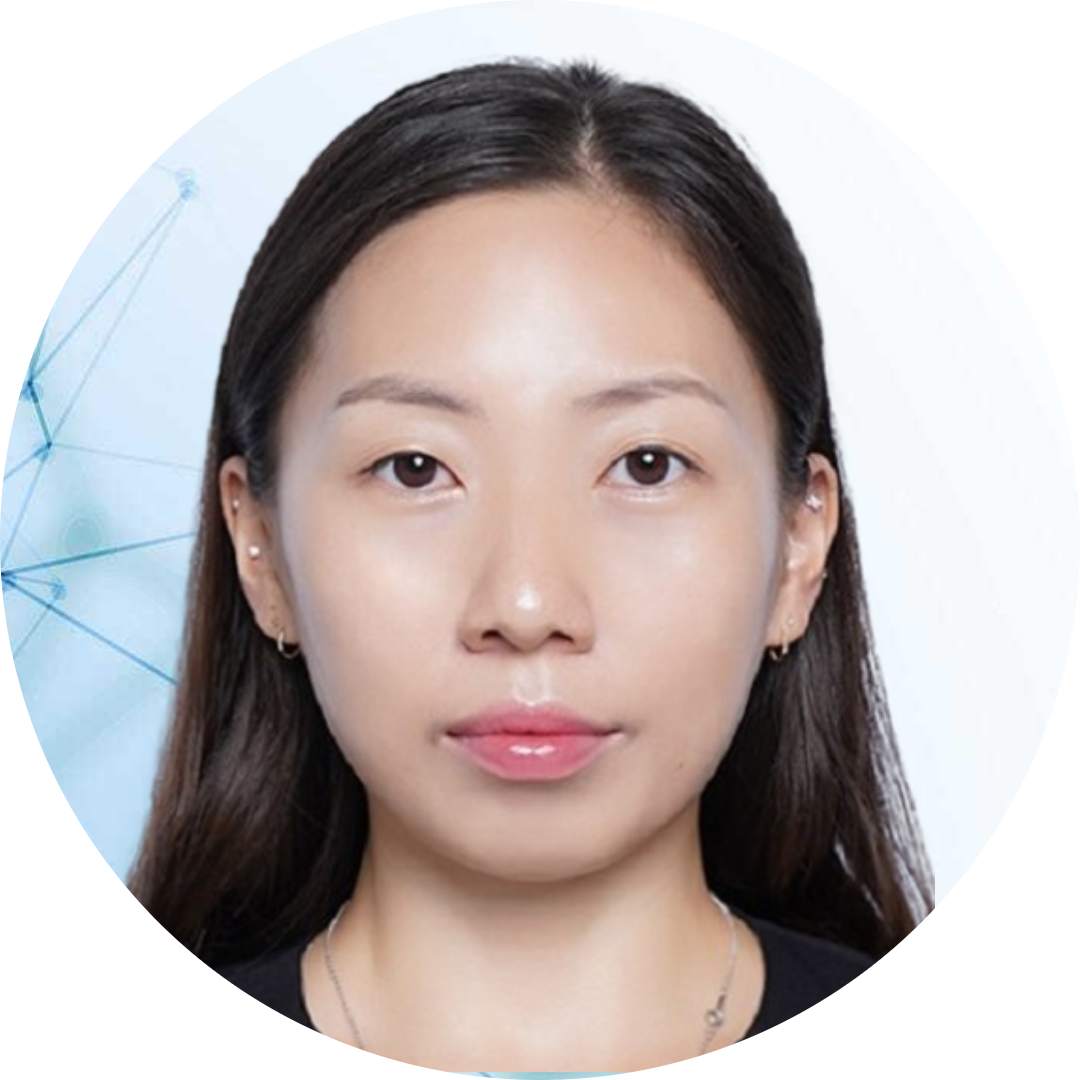
Seong Ju PARK
Policy lead on government services, OECD, France.
Seong Ju PARK is a policy lead on government services at the Public Governance Directorate of the OECD and a greater believer in making governments work for their citizens. Since joining the OECD, she has been working on various policy areas to support governments to build foundations for a successful digital transformation. Her work focuses on governance for digital government, government services, the use of AI and digital talent and skills. Prior to joining the OECD, Seong Ju spent several years working on digital government policies at the Korean Ministry of the Interior and Safety. Seong Ju holds a LLM in International Legal Affairs, and an MPs in Diplomacy and Security.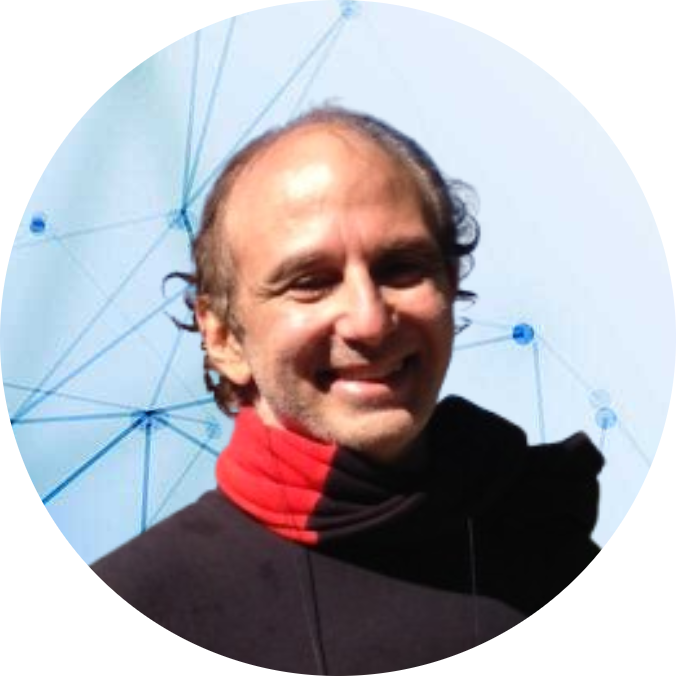
Prof. Dennis Shasha
New York University, USA.
Dennis Shasha is a Julius Silver Professor of computer science at New York University, and an Associate Director of NYU Wireless. He works on problems that resemble puzzles, including meta-algorithms for machine learning to achieve guaranteed correctness rates; causality algorithms with plant biologists and ecologists; automated verification for concurrent algorithms; a tool for policy planners facing epidemics; tree and graph matching; algorithms for time series for finance and devices to combat opioid deviation and flooding. Because he's easily confused, he has written the puzzle column for various publications including Scientific American, Dr. Dobb's Journal, and currently the Communications of the ACM. He is a fellow of the ACM, an INRIA International Chair, and a senior member of the U.S. National Academy of Inventors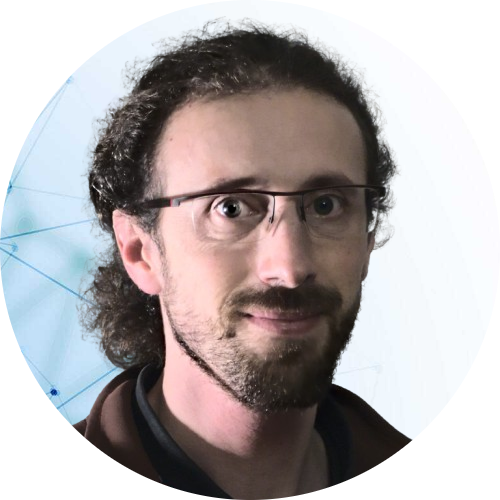
Dr. Gaël Varoquaux
Inria, France.
Gaël Varoquaux is a research director working on data science at Inria (French computer science national research) where he leads the Soda team. He is also co-founder and scientific advisor of Probabl. Varoquaux's research covers fundamentals of artificial intelligence, statistical learning, natural language processing, causal inference, as well as applications to health, with a current focus on public health and epidemiology. He also creates technology: he co-founded scikit-learn, one of the reference machine-learning toolboxes, and helped build various central tools for data analysis in Python. Varoquaux has worked at UC Berkeley, McGill, and university of Florence. He did a PhD in quantum physics supervised by Alain Aspect and is a graduate from Ecole Normale Superieure, Paris.
Dr. Saeed Aldhaheri
People Before Algorithms: Building a Trustworthy AI for a Better Future
Artificial Intelligence holds immense potential to transform industries and address global challenges. However, the rapid rise of AI, especially generative AI, has introduced ethical challenges and risks that could negatively impact societies. The growing Incidents of AI mishaps and misuse underscore the urgent need for action. In this talk, we explore the imperative of AI assurance—building systems that are safe, trustworthy, and aligned with human values. Responsible AI governance emerges as a critical framework to navigate this landscape, ensuring that AI development and deployment are safe, ethical, and human-centric. Practical strategies to operationalize responsible AI that foster societal trust and adoption will be presented. The talk will highlight emerging regulations to enforce accountability and safety in AI systems. This talk reinforces a crucial message: prioritizing people over algorithms is not just an ethical necessity but a strategic approach to ensuring AI serves as a force for good in shaping a better future for all.
Dr. Nozha Ben Hajel-Boujemaa
GenAI powered Contextual Search for E-commerce

Dr. Alhussein Fawzi
Leveraging foundation models for the discovery of novel trustworthy algorithms
In the modern era of computing, algorithms for solving fundamental problems such as computing the shortest path on graphs and solving linear equations, are used billions of times every day. However, paradoxically, such algorithms which are central to modern computing were often designed well before the advent of modern computation, and often date back to decades. This is because discovering new algorithms is incredibly difficult. In this talk, I will describe how to use AI and generative models to discover new algorithms, with the potential to improve the efficiency of bottleneck systems.
Alex Goryachev
Innovating with AI: The Next Wave of Entrepreneurship
With the entirety of the world's knowledge at our fingertips, what becomes possible? Explore how AI is revolutionizing entrepreneurship by unlocking new skills, creating unprecedented opportunities, and reshaping the competitive landscape for emerging entrepreneurs.
Karim Hamzaoui
Navigating the AI Technology Stack: A Global Overview Through a Japanese Lens
This talk explores the AI technology stack, from foundational infrastructure to cutting-edge real-world applications. We will examine how Japan is navigating the challenges and opportunities presented by the rapid advancements in AI technology. Throughout the presentation, we will highlight a few examples of innovations that illustrate how AI trends are being practically implemented in the Japanese industry.
Armin Ibrisimovic
Assessing Morocco's AI Readiness
In May 2024, UNESCO published the most comprehensive report on Artificial Intelligence in Morocco, through 5 dimensions: legal and regulatory, social and cultural, economic, scientific and educational, and technological and infrastructural. With 17 recommendations, UNESCO provided a Roadmap to successfully advance AI in the country, through the lens to the Recommendation on the Ethics of AI

Dr. Salem Lahlou
Advancing the Fourth Paradigm: Machine Learning Frameworks for Experimental Science
Scientific breakthroughs in the fourth paradigm of discovery are increasingly driven by advanced computing capabilities that enable researchers to manipulate, explore, and exploit large datasets. Machine learning has accelerated the pace of scientific discovery across various domains, offering new tools and methods throughout the main steps of the experimental science loop. However, current ML approaches face many limitations in scientific applications, particularly in drug discovery and materials science, where the exploration of vast chemical and material spaces remains challenging. To address these shortcomings, we examine generative flow networks (GFlowNets), a novel machine learning framework for systematic scientific exploration and discovery.

Prof. Fouad Laroui
AI, Wittgenstein and the wonders of Poetics
The essence of the world is logico-mathematical: AI can perfectly penetrate that. The non-essential part of the world (poetics) is only meaningful at the individual level and it supposes communication between two individuals. It can be mimicked by AI but it misses the core of the message.

MohammedElfatih MohamedKhair
AI for Disaster Response.
Natural disasters often leave widespread devastation in their wake, making timely damage assessment critical for effective response and recovery efforts. This presentation explores SKAI, a Google-developed framework that leverages AI and machine learning to accelerate and enhance the damage assessment process. By combining computer vision models and large vision language models, SKAI aims to improve both the speed and coverage of post-disaster evaluations. This presentation will delve into the technical aspects of SKAI, illustrating how it can be a valuable tool for decision-makers in the crucial aftermath of a disaster. The potential implications of such a tool for disaster response and recovery will be discussed, aiming to engage a mixed audience of technical experts and those interested in the broader applications of AI for social good.

Majda Moumni
Innovation in the Age of AI
- Why innovation is critical for compagnies today, in the age of digital and AI - Future AI trends and how they will shape our future - How compagnies can leverage AI as an innovation lever, at the core of their growth strategy - Business & country use case : AI as an accelerator of Morocco’s development for a successful WorldCup 2030 & beyond

Seong Ju PARK
Governing with AI
Countries are increasingly exploring the potential of Artificial Intelligence (AI) to enhance public governance. AI applications in the public sector offer opportunities to boost productivity, improve the responsiveness of public services, and reinforce government accountability. However, these advancements also present significant risks, calling for the creation of an enabling environment for trustworthy AI. This presentation examines the key trends and policy challenges related to the development, deployment, and use of AI in the public sector. It highlights the benefits and risks of AI adoption, showcases its role in enhancing efficiency and accountability, and provides insights into how OECD countries are addressing critical policy issues through innovative practices and strategies.

Prof. Dennis Shasha
AI-Aided Advisors: Design and Validation
We have developed a site called dietnerd.org which answers questions about diet and health. The workflow starts with a query, then proceeds through parsing, pointing at a database, relevance analysis, safety analysis, and summarization. The challenge is to ensure that the result is clear and accurate. This talk presents our design choices (to privilege safety and to avoid hallucinations) and our validation tests (blinded studies with human experts as well as comparison with systematic reviews). I will discuss various generalizations of this approach to AI-based experts on the wireless literature and standards and to financial investment.

Dr. Gaël Varoquaux
Tabular learning, from data preparation to foundation models
While much of the excitement is on AI generating images, much of the data-science challenges are about assembling and preparing tabular data. These typically require extensive manual transformation or "data wrangling", and gradient-boosted trees are king. I will discuss how we progressively rethought this process, eventually laying the ground of foundation models for tabular data.
